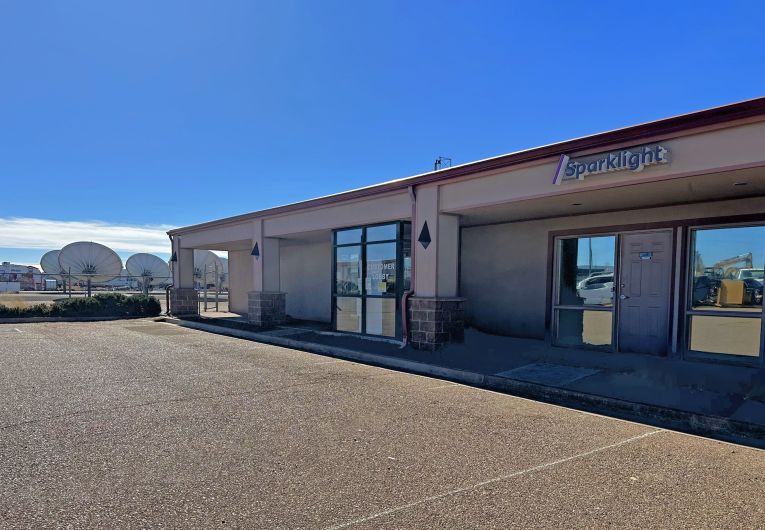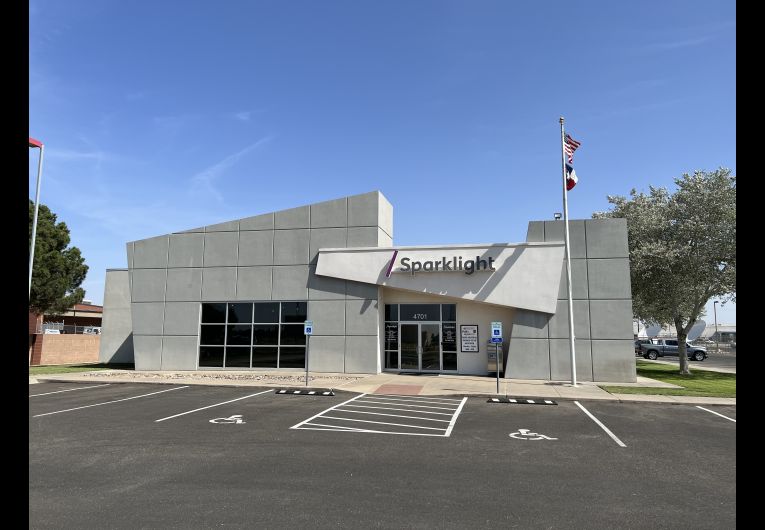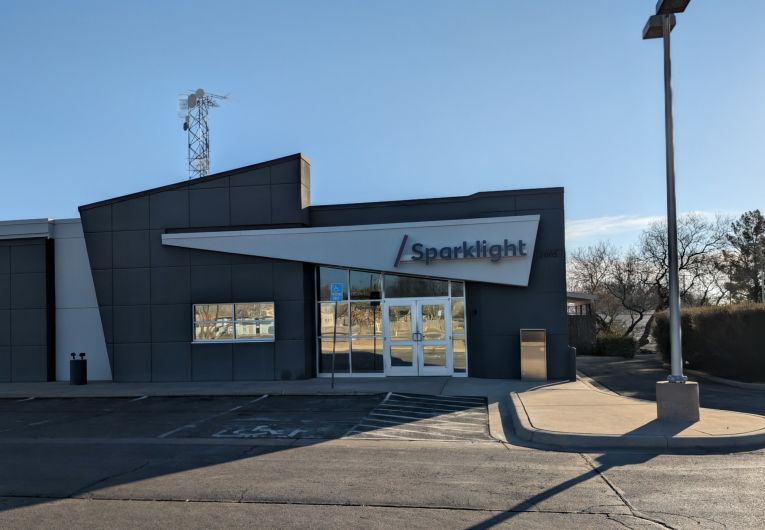
"Internet Speeds Explained" for Small Business
Internet Speeds Explained for Small Business
As a business owner, you may find yourself asking, “what speed internet do I need?” This common question can be answered by first asking yourself a few questions and then learning the difference between cable internet and fiber internet speeds.
What are your needs for small business internet?
Before choosing an internet speed, consider your needs by asking yourself some questions.
- How much bandwidth do I need?
- What internet speed do I need?
- Will you be downloading and uploading large files (ex. photos and videos)?
- Will your network be used for one or multiple locations?
- What applications will employees run?
What is cable internet?
Cable internet uses the same technology as cable television; data travels through a coaxial cable, often called “coax” for short. Cable internet requires a cable modem at your office and a cable modem termination system at your provider’s location, which connects your modem to the internet. Though you may have to share a cable connection with neighboring offices, there are many benefits of cable internet, including:
- Affordability: Cable internet is less expensive to set up than fiber internet.
- Availability: Cable internet is typically offered wherever cable television exists, which means that it is readily available in most places.
- Simplicity: Since cable TV has been around for decades and cable internet is built on a company’s existing infrastructure, set-up is very easy to accomplish.
- Effective: A coax cable has plenty of bandwidth to supply an internet connection and TV access at the same time, and cable internet meets the needs of most small and medium-sized businesses
What is fiber internet?
Fiber optic internet uses cutting-edge technology to send information via small, flexible strands of glass that transmit light, rather than using electricity. Data is contained within this light, and this allows it to be sent faster over greater distances. Due to the nature of this technology, fiber internet is often limited to certain cities, and even within a city, it’s possible for only certain areas to have access to it. Despite more limited availability, there are many benefits of fiber internet, including:
- Speed: Fiber internet is faster than cable internet.
- Reliability: Since fiber optic cables send data faster, they’re better suited for long distance communication.
- Disaster recovery: Because fiber internet is comprised of glass or plastic and there is no electricity involved, it’s less susceptible to power outages and issues related to power lines, electrical equipment, and lightning.
- Opportunity cost: Though fiber often requires laying down new cables in an area, it is cheaper to maintain over time. In fact, it’s becoming more cost-efficient to install fiber optic networks than to maintain antiquated copper (cable) systems.
- Secure: Fiber gives you a private, dedicated line (versus sharing a connection with other businesses), which protects you against delays and also makes it harder to hack.
Internet speed differences
Fiber internet speed: Fiber is the fastest. It offers symmetrical speeds up to 10 Gbps, meaning that both the upload and download bandwidths are equal.
Cable internet speed: Cable internet is slower than fiber, but it’s still faster than a DSL connection. Standard cable internet speeds vary by provider, ranging from 10 Mbps to 1 Gbps download speeds and upload speeds from 3 Mbps to 50 Mbps.
For a business with multiple locations, speed and affordability can often be effectively achieved with a fiber connection at the main office and cable internet connection at other locations.
Download Infographic
Get a quick overview of internet speeds with this easy-to-read infographic from Cable ONE Business. Download here.
For More Information
Learn more about Cable ONE Business Internet plans to make sure your small business has a connection that best meets your needs. Contact us to select an affordable, reliable small business internet solution that will keep your business connected and secure.
The trends, insights, and solutions you need to grow your business.
By signing up, you’re subscribing to our monthly email newsletter, The
Wire. You may unsubscribe at any time.
Your information stays safe with us. Learn more about our privacy
policy.











![[#MSP_NAME#] Logo](/themes/sparklight_business/images/transition-logos/migration-banner-logo-[#MSP_CD#].png)
